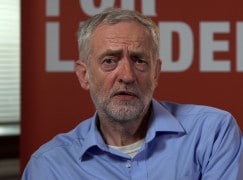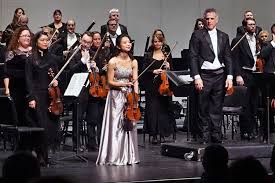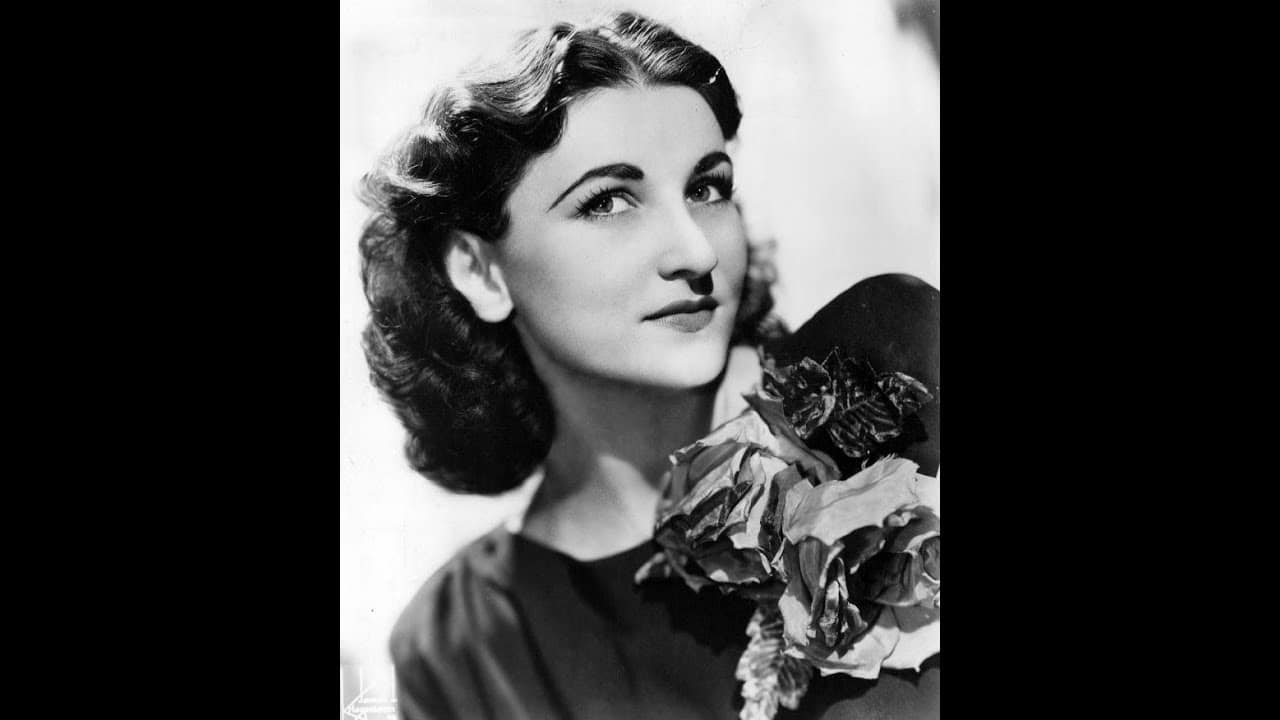Jeremy Corbyn promises cash bonanza for the arts
mainThe Labour Party leader, fighting for re-election, has set his sights on the arts vote.
According to the Telegraph:
Mr Corbyn has won the backing of many in the arts community. Jack Newsinger, a lecturer in media and communication at University of Leicester, said that he was “the only Labour leadership candidate with a distinct arts policy”.

Here’s Mr Corbyn’s arts manifesto, released today:
The arts and creative industries are the backbone of much of our cultural heritage, and I fear that under this government over the next five years this cultural heritage is under threat. As a proud supporter of the arts and firm believer in the community benefit of publicly supported arts policy, I would like to set out where I stand with regards to the creative industries and my priorities, if elected Labour leader, in defending and supporting British local and national arts projects.
It is my firm belief that the role of government must be to work alongside arts communities and entrepreneurs in widening access to the arts, and for this broader engagement to stimulate creative expression as well as support us in achieving our social objectives.
Throughout my time in Parliament I have worked with the arts sector. Locally I have always been committed to supporting community arts projects in my constituency of Islington North, most recently supporting the opening of the now thriving Park Theatre.
Under the guise of a politically motivated austerity programme, this government has savaged arts funding with projects increasingly required to justify their artistic and social contributions in the narrow, ruthlessly instrumentalist approach of the Thatcher governments. During the 1980s, Thatcher sought to disempower the arts community, attempting to silence the provocative in favour of the populist.
The current climate of Treasury value measurement methodologies (taken from practises used in the property market and elsewhere) to try to find mechanisms appropriate to calculating the value of visiting art galleries or the opera are a dangerous retreat into a callous commercialisation of every sphere of our lives.
The result has been a devastating £82 million in cuts to the arts council budget over the last 5 years (er, fact check?) and the closure of the great majority of currently funded arts organisations, especially outside London. Even if some London flagships survive, they will be unable to continue the participatory projects of such benefit to our local communities.
These cuts have taken place while demand for the services funded by the Department of Culture Media and Sport continues to rise. The UK now invests a smaller percentage of its GDP in arts and culture than the EU average and less than European competitors like France and Germany.
We as a Labour party must offer an alternative programme for the arts, both supporting their ability to enrich the cultural lives of hundreds of thousands of people every year across the UK and promoting a feeling of community ownership from which we all benefit.
As a country that has made such remarkable contributions to music, dance and theatre, the current suffocation of our arts should concern us all. Commercial theatre in London alone contributes over half a billion pounds a year to our economy, a contribution resulting from public investment. Research by the Young Vic’s artistic director, David Lan, found that over 75% of the directors, designers, and writers working in the West End come from the publicly funded theatre.
Our current government’s approach risks undermining the very future of a sector that multiplies the returns on any funding invested. The arts and culture industry receives 0.1% of government funding but contributes 0.4% to GDP. The creative economy now accounts for 5.8% of all UK jobs. The arts are linked to 42% of inbound tourism-related expenditure while British films (themselves often supported by direct public investment) generated £1.4 billion of exports with a trade surplus of £916 million in 2013.
Beyond the obvious economic and social benefits of the arts is the significant contribution to our communities, education, and democratic process they make. Studies have demonstrated the beneficial impact of drama studied at schools on the capacity of teenagers to communicate, learn, and to tolerate each other as well as on the likelihood that they will vote. The greater involvement of young people in the political process is something to be encouraged and celebrated.
Further, the contribution and critique of our society and democracy which theatre has the capacity to offer must be protected. To quote David Lan, “dissent is necessary to democracy, and democratic governments should have an interest in preserving sites in which that dissent can be expressed”.
Our vision for the arts
Our Labour leadership campaign is for a country in which people are happier, more fulfilled and secure in their work as well as home. I believe in a government that works in the interests of its people and that supports people in achieving their collective aspirations through providing strong public services, access to the arts, lifelong learning, and a prosperous, more balanced economy.
For this reason, as leader I would want to prioritise the need for more investment in the arts generally and for the Labour Party to offer an investment programme to rebuild the foundations of artistic enterprise in our country that are being laid waste to by the current government. The Labour party has a proud tradition of supporting our cultural institutions, from founding the Arts Council in 1946 to the setting up of the Open University by Jennie Lee during Harold Wilson’s premiership.
Too often, while publicly funded arts organisations have participatory programmes, too little of the public subsidies available are provided to the performers and educators. Likewise, funding must be directed to the local initiatives and youth theatres offering so much benefit to their local communities as well as flagship national projects.
Following the lead of successful programmes, such as those run by The Young Vic and the Hallé Orchestra in Manchester, we must support outreach programmes designed to involve young people both as participants and as audience members. Here I believe we can take inspiration from the fantastic programme run by the Birmingham Opera Company, which combines professional singers and musicians with community performers, and in doing so engages a far more diverse audience with an art form that might otherwise be thought of as inaccessible.
The arts must never be the preserve of those with privilege but open to all. Access and diversity within the arts must be improved with greater equalisation of those who are able to benefit from public funding as well a more even regional allocation of funding.
Finally, I am fearful about the impact the latest round of cuts at the BBC will have on programming and on our media output in this country. I firmly believe in the principle of public service broadcast and am fearful of following the path tread in the United States, where PBS has been hollowed out, unable to deliver the breadth of content to compete with the private broadcasters, and where Fox News has as a result been effectively allowed to dominate and set the news agenda.
I want to see the Labour Party at the heart of campaigns to protect the BBC and its license fee. When we return to power we must fully fund public service broadcasting in all its forms, recognising the crucial role the BBC has played in establishing and supporting world class domestic arts, drama, and entertainment.
If we are to achieve our goal in government of supporting people in leading more enjoyable and fulfilling lives, funding for the arts must be central to that offer. I pledge to work alongside the creative industries to support, develop, and collectively achieve a culturally rich, more prosperous future for our country.






Comments